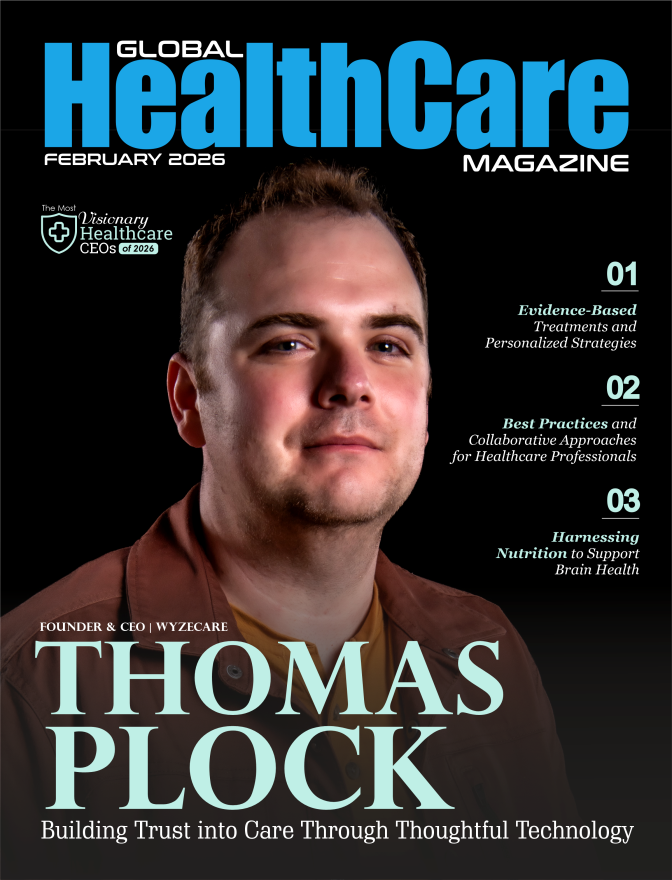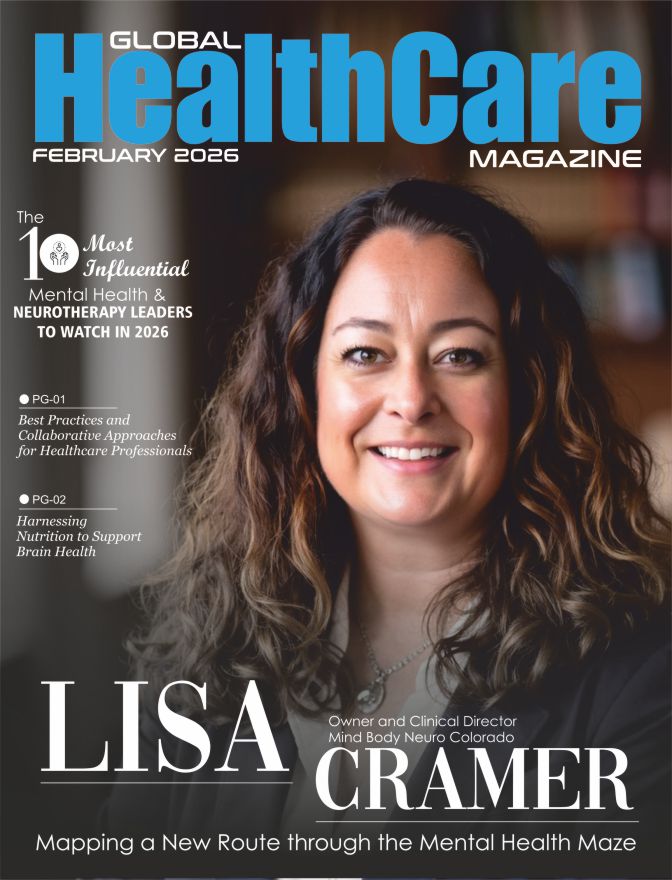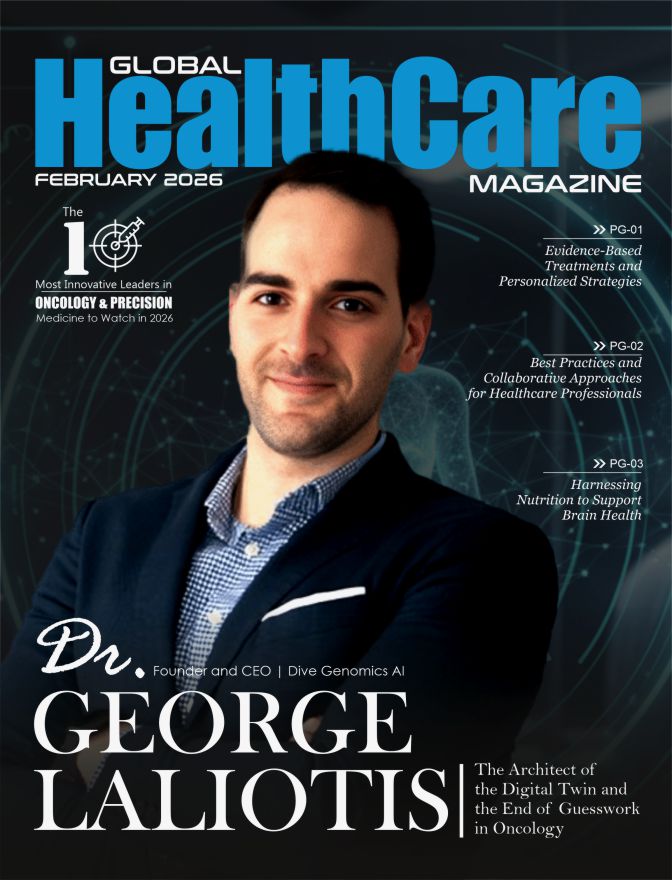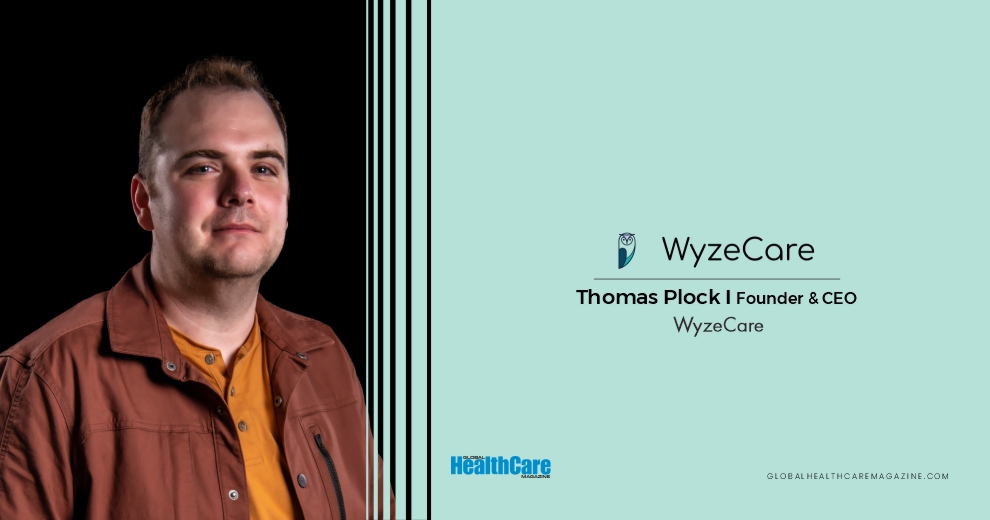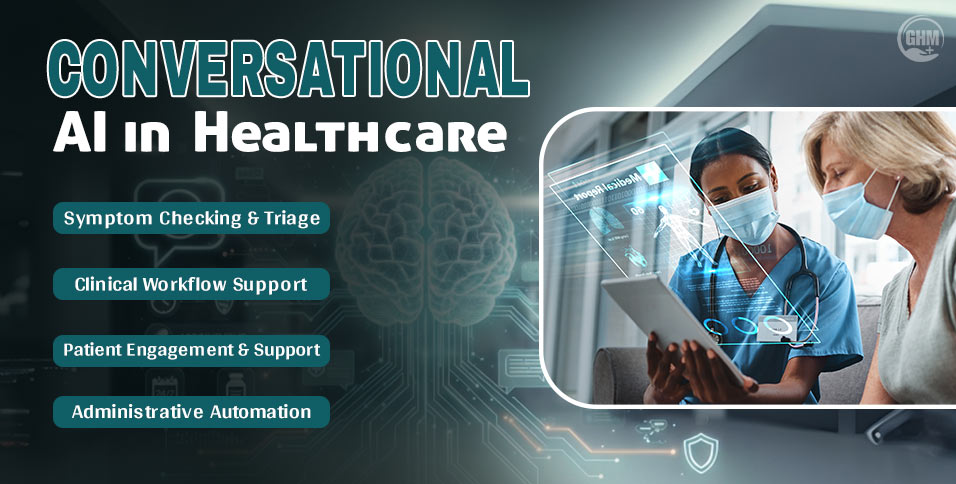In a fast-paced world where stress, sleeplessness, and chronic pain are on the rise, more people are turning to natural healing methods to feel balanced again. Among them, acupuncture is leading the shift—quietly, steadily, and backed by centuries of use. Rooted in Traditional Chinese Medicine, acupuncture has been practiced for over 2,000 years. And now, it’s gaining fresh relevance in today’s wellness landscape. So, what’s driving this renewed interest? It’s not just tradition. People are now exploring the benefits of acupuncture for everything from back pain and anxiety to sleep and digestion. The growing curiosity lies in how this ancient therapy blends with modern science—and why it may offer relief where other methods fall short.
Disclaimer: This blog is for informational purposes only. It does not offer medical advice, diagnosis, or treatment. Always consult a qualified healthcare professional before starting any new therapy or making decisions about your health.
Now let’s take a closer, evidence-backed look at what acupuncture really offers—and why it’s capturing so much interest today.
Understanding Acupuncture: A Brief Overview
Acupuncture is a traditional healing method from ancient China. It works by inserting fine needles into certain points on the body. These points are believed to help restore balance and promote healing. People use it for many reasons—from pain relief to better sleep. But how does it really work? Let’s break it down in a way that’s easy to understand.
In traditional Chinese medicine, it’s believed that a vital energy called Qi (pronounced “chee”) flows through the body. This energy moves along invisible pathways known as meridians. When Qi flows freely, the body stays healthy. When it’s blocked or out of balance, illness or pain can appear. Acupuncture helps by clearing these blockages and guiding the energy back into its natural flow. Think of it like fixing a clogged water pipe—once the blockage is removed, everything flows smoothly again.
From a modern science perspective, acupuncture offers a more physical explanation. Studies show that it may stimulate nerves, muscles, and connective tissue. This stimulation increases blood flow and triggers the body to release natural chemicals, such as endorphins. These are the body’s own painkillers. According to a 2024 real-world study in Alberta involving over 600 patients, acupuncture reduced pain severity by 75.5%. It also improved sleep by 53%, lowered depression by 78.4%, and boosted overall life quality by 42.6%, making it much more than just a traditional belief.
Some commonly reported benefits of acupuncture include:
- Relief from joint pain, migraines, and back pain
- Better sleep quality and reduced anxiety
- Improved digestion and reduced nausea
- Support during chemotherapy or long-term illness
While researchers continue to explore its full effects, the benefits of acupuncture are already helping millions improve their well-being naturally and safely.
Exploring the Potential Benefits of Acupuncture
1. Alleviating Chronic Pain
Acupuncture may help ease different types of chronic pain by working with the body’s healing system. When specific points on the body are gently stimulated, this may trigger the release of endorphins—natural painkillers—and improve blood flow in the affected area.
Researchers suggest that acupuncture has the potential to reduce:
- Lower back and neck pain: A March 2024 review found long-lasting relief, with a –0.79 SMD in pain scores at 3 months and –18.13 mm reduction on the pain scale at 6 months.
- Osteoarthritis (knee pain): Studies report improved joint movement and less stiffness after repeated sessions.
- Migraines and headaches: A Cochrane review showed that patients had up to 50% fewer migraine days after regular acupuncture.
- Fibromyalgia: Some people feel that muscle tension eases and sleep quality improves after treatment.
- Dental pain: It may provide extra relief when used along with standard care.
While each person responds differently, these studies suggest the benefits of acupuncture go far beyond tradition. It may offer safe and measurable support in managing chronic pain.
2. Reducing Stress and Anxiety
Acupuncture may reduce stress and anxiety by calming the nervous system. When the body is stuck in “fight or flight” mode, it can feel tense, restless, or overwhelmed. Acupuncture may help shift the body into a calmer state—what scientists call “rest and digest.”
Recent research from early 2025 found that acupuncture, including electroacupuncture, significantly lowered salivary cortisol levels, a key stress hormone. It also reduced anxiety symptoms in patients with generalized anxiety disorder. Another April 2025 clinical review showed that regular acupuncture can support serotonin and dopamine release, two brain chemicals that help lift mood and reduce worry.
These natural changes may lead to:
- Calmer breathing
- Better sleep
- Fewer anxious thoughts
The benefits of acupuncture may not be instant for everyone, but research suggests it can be a powerful, drug-free option for restoring emotional balance, especially when used consistently and alongside healthy routines.
3. Enhancing Sleep Quality
Acupuncture may help improve sleep by guiding the body into more restful patterns. It can support your natural rhythms and help you sleep better at night.
- It may reduce insomnia severity: A 2025 meta-analysis (757 patients, 10 trials) showed acupuncture improved sleep quality by −2.60 points on the PSQI and −2.04 on the ISI compared with sham treatment.
- It may increase sleep efficiency and reduce how often you wake up: the same meta-analysis found acupuncture improved sleep efficiency by +3.62% and lowered wake-after-sleep onset by 18.5 minutes on average.
- For perimenopausal insomnia, a systematic review in April 2025 showed acupuncture significantly improved PSQI, total sleep time, and sleep efficiency, with benefits lasting four weeks post-treatment.
- In cancer‑related insomnia, early 2025 network analysis suggested electroacupuncture may outperform controls, improving sleep outcomes.
Acupuncture may help shift the body from a “fight or flight” to a “rest and digest” state. It may regulate circadian rhythms via neurotransmitters like GABA and melatonin, leading to deeper, more restorative sleep.
These benefits of acupuncture suggest it may serve as a gentle, effective method to support better sleep, especially when combined with other healthy sleep routines.
4. Boosting Mental Clarity and Focus
Acupuncture may help sharpen your mind and support clearer thinking. It may enhance focus and reduce “brain fog” by encouraging better blood flow in the brain.
- It may improve cognitive performance: A 2025 neuroimaging study of 197 insomnia patients found that after a 4-week acupuncture course, subcortical blood flow increased. The changes, especially in the putamen, correlated with improved sleep and clarity.
- It may boost memory and concentration: A 2025 trial involving 72 patients with mild memory issues (aMCI) found acupuncture improved overall cognitive scores and strengthened brain circuits linked to attention and thinking.
- It may protect brain cells: A 2025 animal study showed acupuncture increased cerebral blood volume and improved memory tests in rats with poor brain blood flow.
These findings suggest acupuncture may support focus by increasing blood flow to key brain areas and promoting neuroprotective changes. While results may vary, the benefits of acupuncture for mental clarity appear promising, offering a gentle, evidence-based method to refresh your thinking naturally.
5. Strengthening the Immune System
Acupuncture may help strengthen your immune system by helping the body balance its natural defenses and fight off common illnesses.
- It may regulate immune responses: A 2024–2025 systematic review in cancer patients found acupuncture significantly increased key immune cells and molecules—such as IFN‑γ, NK cells, IgG, IgM, CD3, CD4, and the CD4/CD8 ratio—and decreased inflammation markers IL‑1, IL‑4, IL‑6, and CRP (all P < .01).
- It may boost antiviral and immune function during recovery: A 2025 study on opioid‑therapy patients showed 84% of participants reduced their methadone dose by at least 20% over eight weeks while showing improved antiviral gene activity and better immunity.
These findings suggest that acupuncture can contribute to a more balanced and responsive immune system. It may act as a natural aid to help your body defend itself—an encouraging benefit of acupuncture outcome, supported by recent data.
6. Supporting Digestive Health
Acupuncture may help many people by improving digestion and easing gut discomfort in a gentle, natural way. It may calm the gut-brain connection and help your body digest better.
- It may relieve IBS symptoms: A 2025 multicenter trial with 280 IBS‑D patients found acupuncture helped 57.9% reach at least 30% less pain and 50% fewer diarrhea days, compared to 41.4% in the sham group (RR 1.40; p = .008). Effects stayed strong through 18 weeks.
- It may improve IBS quality of life: A 2024 meta-analysis covering 2,038 patients across 14 trials found acupuncture improved life quality scores by +6.62 points versus usual care (MD 6.62; 95% CI 2.30–10.94; p < .001).
- It may ease constipation: A February 2025 study reported that electroacupuncture helped 31.3% of patients have ≥3 complete spontaneous bowel movements per week, versus only 12.1% in the sham group. These gains stayed steady through weeks 9–20 (37.7% vs 14.1%).
Acupuncture may work by calming the nervous system and supporting the gut-brain axis. It may ease nerve signals, reduce inflammation, and help your gut work better, helping digestion feel smoother and more balanced.
These benefits of acupuncture highlight its promising role in digestive health—especially for conditions like IBS, reflux, and constipation—backed by clear, up-to-date 2025 data.
7. Aiding Fertility Journeys
Acupuncture may support fertility by improving hormone balance and blood flow to reproductive organs.
- It may regulate hormones: A 2025 meta-analysis of 37 RCTs (10,776 women undergoing ART) found acupuncture raised clinical pregnancy rates by 31.6% (RR 1.316) and live birth rates by 28.7% (RR 1.287) compared with control groups.
- It may boost blood flow: A 2025 review showed acupuncture improved uterine blood supply and endometrial thickness—factors linked to better implantation.
- It may enhance ovarian response: Another 2025 systematic review found that acupuncture influenced gonadotropin‑releasing hormone and improved menstrual cycles while enhancing blood flow in ovaries and uterus.
Additionally, a June 2025 clinical summary at UH Connor Whole Health described acupuncture’s calming effect during IVF embryo transfer, reducing anxiety by 2.2 points and stress by 2.1 on a 10‑point scale after just one session.
By using gentle needling alongside standard fertility care, acupuncture may improve reproductive health, mood, and pregnancy outcomes, highlighting its promising benefits of acupuncture within fertility journeys.
8. Providing Allergy Relief
Acupuncture may help relieve allergy symptoms and support your immune system naturally.
- It may reduce sneezing, runny nose, and itchy eyes: A 2025 trial in Advanced Biomedical Research showed patients using acupuncture and standard medication had greater relief in sneezing (drop of 5.3 points vs 2.8) and runny nose (4.6 vs 2.8) compared to those using medication alone.
- It may ease nasal congestion, itching, and tearing. The same study found significant drops in these symptoms after just 2–6 weeks of acupuncture.
- It may modulate immune response: A 2025 review in Frontiers in Allergy described how acupuncture can restore Th1/Th2 balance and reduce IgE‑mediated inflammation in allergic rhinitis.
- It may suppress pro-inflammatory macrophages: Another 2025 study highlighted acupuncture’s ability to shift macrophages from M1 (inflammatory) to M2 (anti-inflammatory), thus reducing allergic reactions.
These findings suggest that acupuncture may bring real benefits of acupuncture for allergy relief by easing symptoms and rebalancing the immune system. It offers a gentle complement to conventional treatments, backed by recent clinical data.
9. Promoting Emotional Well-being
Acupuncture may help balance mood and support emotional wellness by influencing brain chemicals and complementing mental health care.
- It may regulate neurotransmitters like serotonin, dopamine, and norepinephrine. Animal and human studies show acupuncture boosts 5‑HT, DA, and NE, and activates brain regions tied to mood, such as the amygdala and hypothalamus.
- It may enhance neuroplasticity and reduce stress: Reviews from early 2025 found that acupuncture improves synaptic growth markers like BDNF and PSD‑95, and also calms the HPA axis, lowering cortisol.
- It may reduce depressive symptoms: A 2024 meta‑analysis across 1,668 patients found acupuncture lowered depression scores on HAMD by an average of 1.63 points more than controls after four weeks (RR –1.63; 95% CI –2.49 to –0.76).
By gently nudging neurochemical pathways and supporting brain adaptability, acupuncture may help stabilize mood. It works best alongside therapies like counseling or healthy lifestyle habits. These benefits of acupuncture show promise as a supportive, natural therapy for emotional balance.
10. Complementing Post-Operative Recovery and Nausea Management
Acupuncture may help with post‑surgery recovery and ease nausea, offering gentle support alongside standard treatments.
- It may reduce chemotherapy‑induced nausea and vomiting: A 2025 meta‑analysis of 7 RCTs (468 patients) found acupuncture plus usual care delivered a 29% higher effective rate for CINV vs usual care alone (RR 1.29; 95% CI 1.17–1.43; p < .00001). It also increased chances of being vomiting‑free by 30% (RR 1.30; 95% CI 1.20–1.42; p < .00001).
- It may improve post‑operative pain and healing: A 2023 meta‑analysis covering 4,150 patients across 42 RCTs found acupuncture reduced post‑surgical pain by an average of 28%, with opioid use falling by 35%.
Acupuncture may help the body shift from stress (“fight or flight”) to recovery mode, aided by endorphin release and reduced inflammation. By enhancing blood flow and modulating nervous and immune responses, it may aid faster healing, reduce complications, and ease nausea naturally.
These benefits of acupuncture suggest that it can complement medical care after surgery or during chemotherapy, enhancing comfort and supporting recovery.
What to Generally Expect During an Acupuncture Session
When someone tries acupuncture for the first time, they often wonder what actually happens. It’s much simpler—and gentler—than most people expect.
- First, there’s a quick talk. The session starts with a short consultation. The acupuncturist listens carefully to your health concerns and reviews your symptoms and medical history. This helps them choose the best points to treat.
- Then, the needles are placed. The needles used are extremely thin, even thinner than a strand of hair. Most people feel only a slight pinch or dull pressure when they go in. In many cases, there’s no pain at all.
- The session lasts about 10–30 minutes. You lie still while the needles stay in place. During this time, many people feel deeply relaxed or even fall asleep. A 2025 client feedback survey by the Alberta Integrative Health Program found 82% of patients described the sessions as “calming” or “soothing.”
- Afterwards, the body feels different. Most feel calm, light, or clear-headed. Some feel a little sore where needles were placed, but it fades quickly.
People often say they feel balanced after a session. It’s like giving the body a quiet push to heal and reset itself. The overall benefits of acupuncture begin with this simple, calm, and thoughtful process—something that feels natural, not forced.
Important Considerations Before Trying Acupuncture
Before trying acupuncture, it’s important to understand what it can and cannot do. Acupuncture is a complementary therapy, not a replacement for medical treatment. If you have a serious health issue, always speak with your doctor first. Never stop or change prescribed treatments without proper medical advice.
Talk to your healthcare provider before starting acupuncture. This ensures the therapy fits your health needs and doesn’t clash with your current medications or treatments. For example, if you’re pregnant, have a bleeding disorder, or use a pacemaker, your doctor can help decide if acupuncture is safe for you.
Also, choose your acupuncturist wisely. Look for someone licensed and certified by a recognized board. Ask about their training, how long they’ve been practicing, and how they treat conditions like yours. The benefits of acupuncture often depend on the skill and knowledge of the person performing it.
Though generally safe, acupuncture may cause mild side effects like bruising, soreness, or a tiny spot of bleeding. However, these effects are usually short-lived. A 2024 safety review found fewer than 7% of patients experienced any side effects, and most were minor. Make sure the practitioner uses sterile, single-use needles every time to prevent infection.
Being informed helps you get the best out of acupuncture—safely, effectively, and confidently.
Key Takeaways
What’s striking about acupuncture isn’t just how long it’s been around—it’s how well it continues to fit into today’s health conversations. We’re in a time where people crave solutions that don’t rely solely on prescriptions or side-effect-heavy approaches. Acupuncture seems to meet that need with something surprisingly gentle, yet measurable.
The current body of research supports its role in regulating nervous, hormonal, and immune functions. We’re seeing brain scans, lab values, and hormonal markers shift after treatments. That’s no longer anecdotal—it’s clinical, and that matters. But here’s the deeper point: it’s not just about fixing symptoms. The benefits of acupuncture may lie in how it brings the body back into balance, slowly and naturally.
We often chase fast fixes. But acupuncture offers something different—something that listens to the body rather than overrides it. It doesn’t replace medical care, but it may complement it better than we once imagined. As science evolves, so does our understanding of what healing really looks like. Acupuncture might just be the bridge between ancient wisdom and modern wellness.



